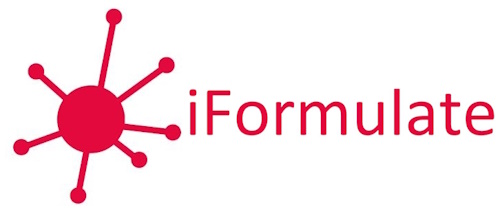
By David Calvert 7th March 2024
The topic of AI and systems such as ChatGPT is much discussed and opinions on the validity and value of these approaches varies widely. At iFormulate, Jim Bullock recently gave a video presentation on how AI, Machine Learning (ML) and automation are being used in formulation development and we have even investigated ChatGPT .
A recent article in ChemEurope piqued our interest further when it discussed how to measure the actual value that AI-driven chemistry labs actually deliver by establishing some common metrics. Whilst the article focusses on researchers and chemistry, we think this has significant applicability to those working in the formulation space. The target of “producing trustworthy, reproducible results that make the most of AI programs that capitalize on the large, high-quality data sets produced by self-driving labs” made us reflect on some work we carried out a few years back on open data and how this could be applied to formulations. Whilst there was enthusiasm for using and compiling formulation data from a number of sources, there was considerable concern around quality of data used, and in particular how realistic it was to expect all research to use standardised test methods. Even for something as seemingly “straightforward” as particle size measurement, how could an open data set deal with different techniques? A measure for “stability”, which is still our most common consultancy request, presents more questions than answers.
We do not wish to be viewed as holding back new technology and becoming “luddites” with regard to AI. There are clear signs that using AI for internal data which is well controlled can bring significant benefits. Croda recently published an article how they are using AI to not only improve their formulation development but also reduce carbon footprint and assess business risk. There will no doubt be other examples of applying digital technologies to formulation at the RSC event, Formulation 4.0, in July of this year.
We do believe that AI will be a game changer but as with all new technology there must be some critical evaluation and there will still be room for “non-artificial intelligence” in formulation!

